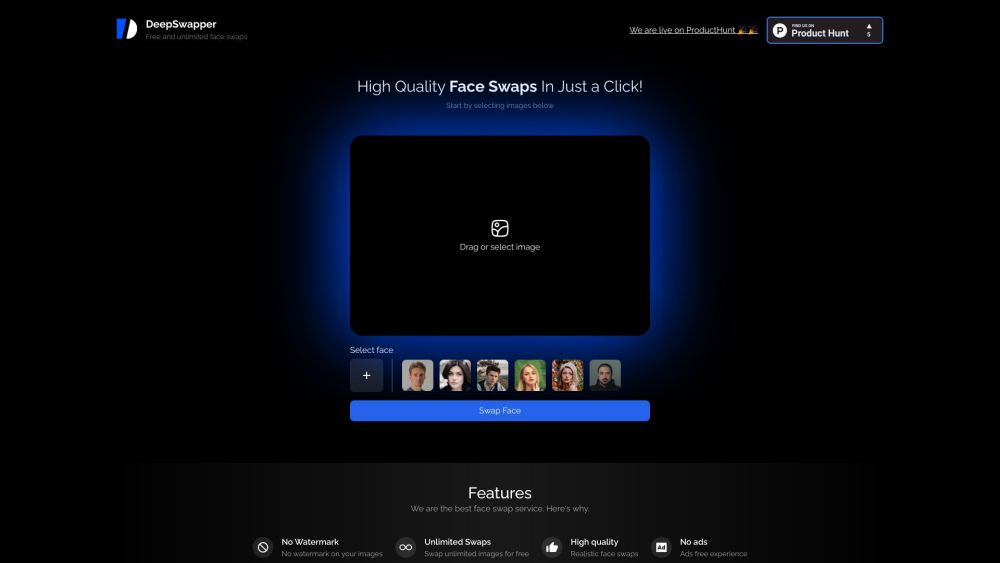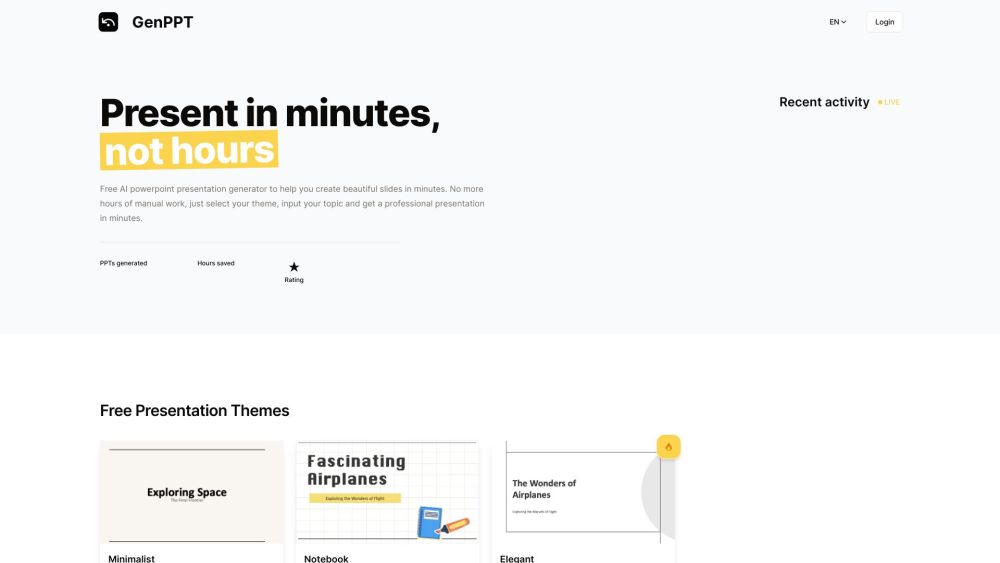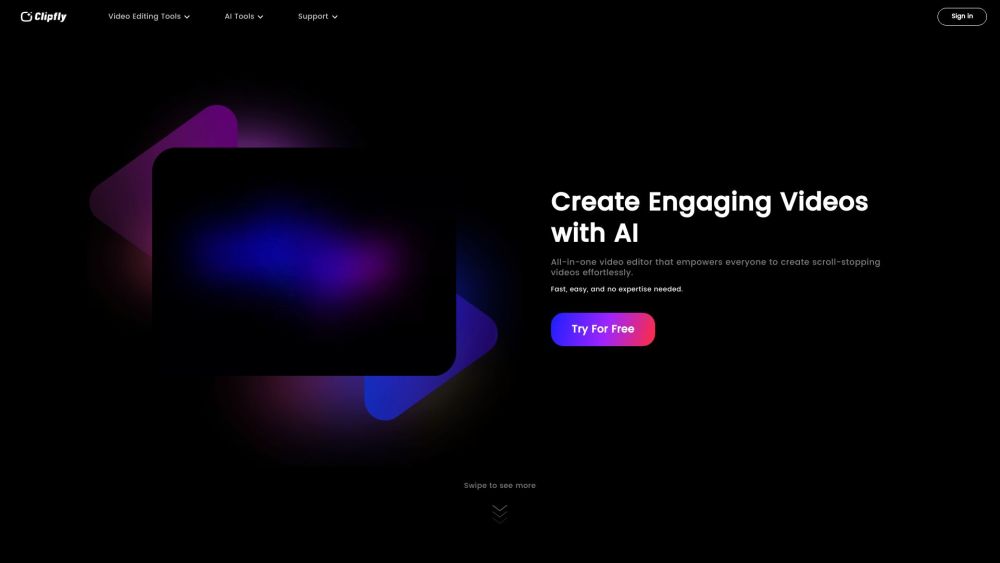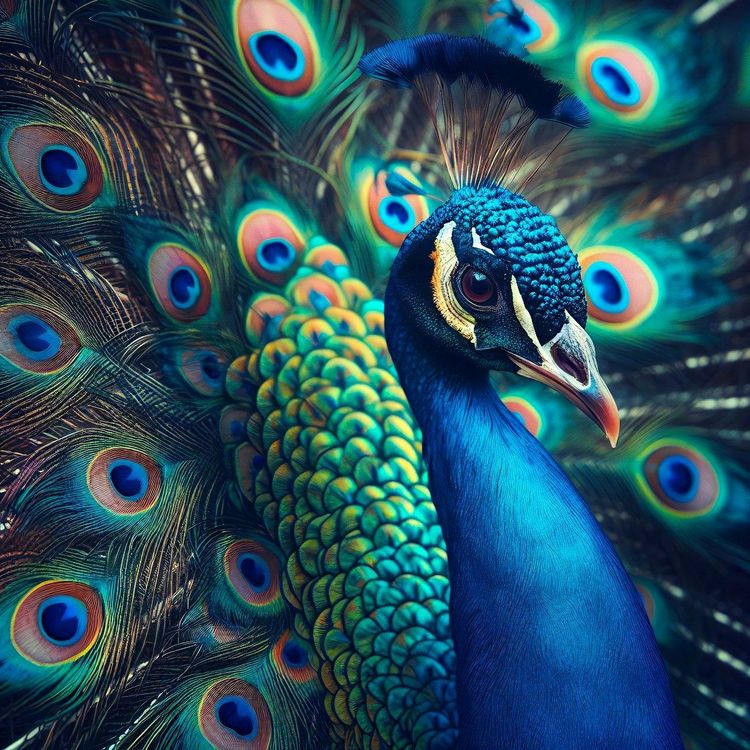The New York Times has taken a pioneering step in the ongoing battle between media organizations and AI companies, becoming the first major outlet to pursue legal action against OpenAI and its partner, Microsoft. The lawsuit, filed in Federal District Court in Manhattan, accuses these firms of copyright infringement by using the newspaper's vast collection of content, including millions of articles, to train AI-driven products like ChatGPT. This legal challenge aims to protect the intellectual property of the New York Times, which argues that such practices allow OpenAI to compete unfairly in the content market.
In its lawsuit, the New York Times seeks to hold the two companies accountable for "billions of dollars in statutory and actual damages."
OpenAI and other AI firms often scrape the internet for content to develop their large language models, fueling products such as ChatGPT, which has captured widespread attention. This high-profile legal case will be closely monitored within the media landscape, as its outcomes could set a precedent for similar claims from other major organizations. The New York Times highlights that users who ask ChatGPT about current events sometimes receive direct, verbatim excerpts from its articles, bypassing the subscription requirements typically needed for access. This accessibility to content without due attribution results in a significant loss of revenue, as potential subscribers are discouraged from signing up, while ad revenue from site visitors also declines.
The lawsuit indicates that the New York Times attempted to resolve these issues with OpenAI and Microsoft earlier this year but were unable to reach a satisfactory agreement. OpenAI responded with a statement expressing their respect for content creators and emphasizing their commitment to collaborating with them to ensure they benefit from AI technology and emerging revenue models. The company noted that discussions with the New York Times were advancing productively, which made the lawsuit unexpected. OpenAI pointed to its partnership with German media powerhouse Axel Springer, where it pays for access to news content, suggesting that such agreements may become increasingly common as AI firms seek to avoid future legal disputes.
Earlier this year, notable authors such as George R.R. Martin, John Grisham, and Jodi Picoult also took legal action against OpenAI over similar copyright concerns. Moreover, the challenge isn’t limited to text-based content; firms like Midjourney and Stability AI are using copyrighted imagery available online to train software that generates "original" images. Artists are actively responding with lawsuits and efforts to disrupt AI systems’ analysis of their work, highlighting the growing tension between creativity and technology in today’s digital world.





